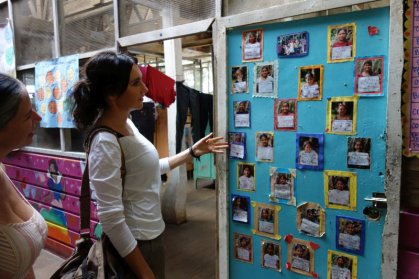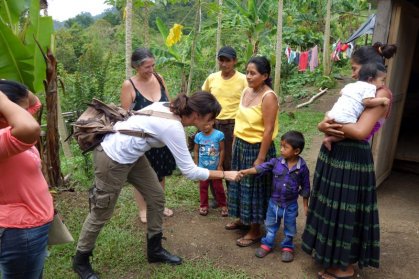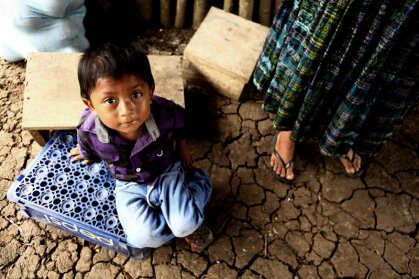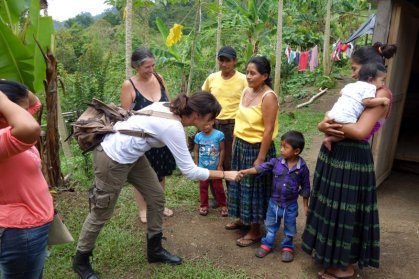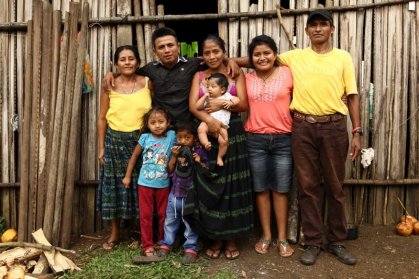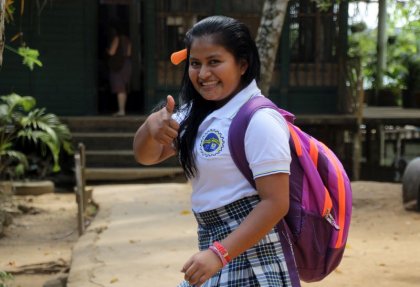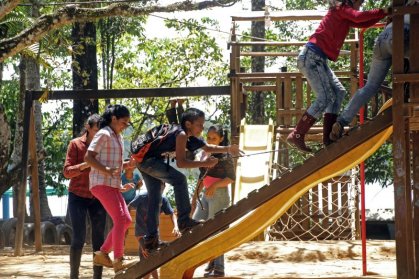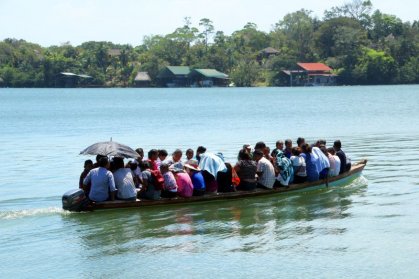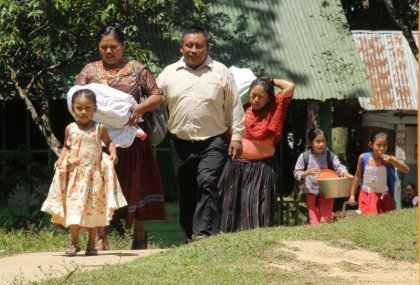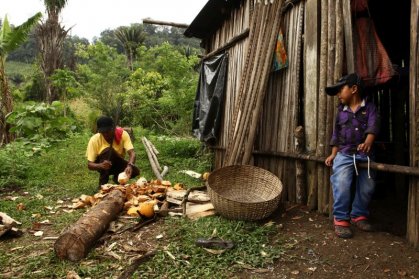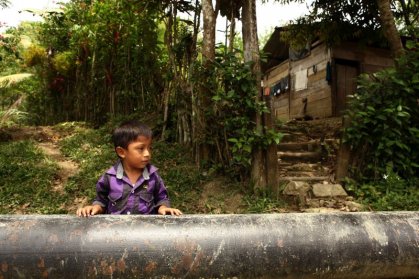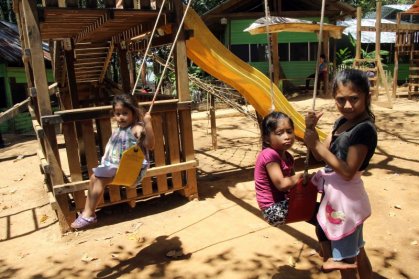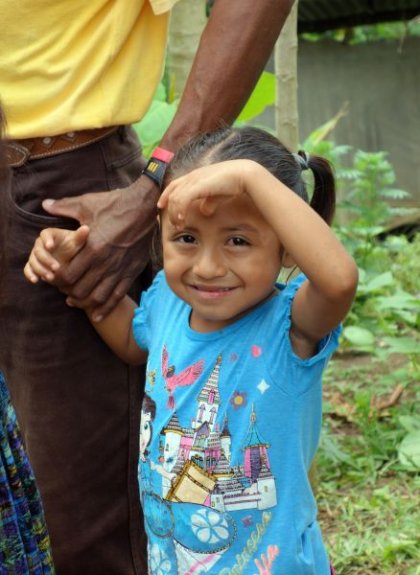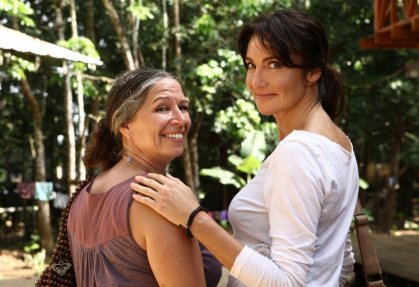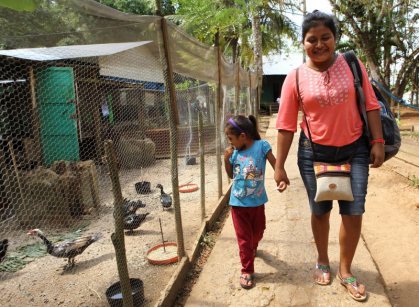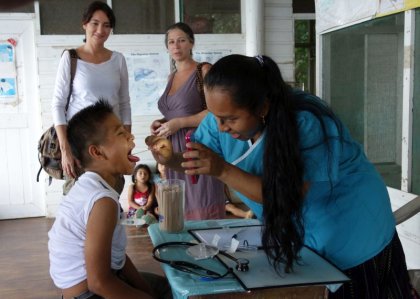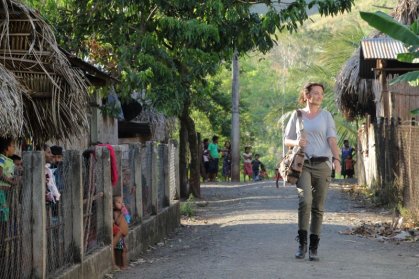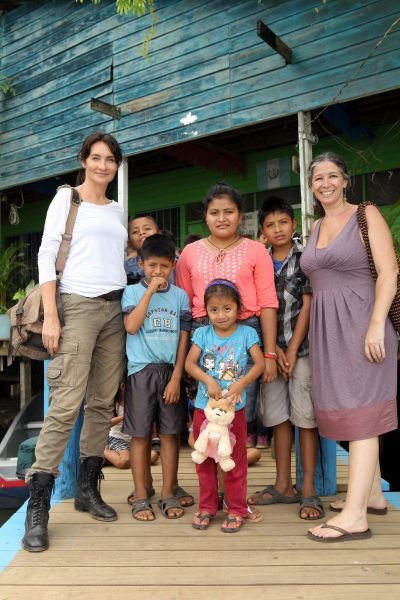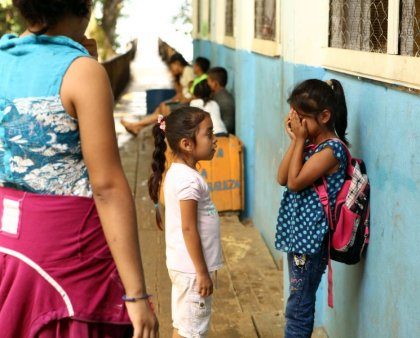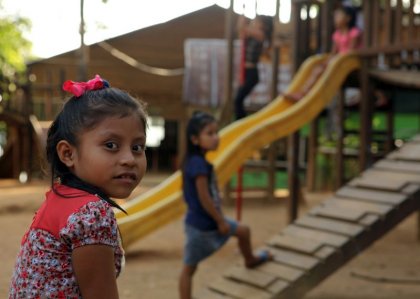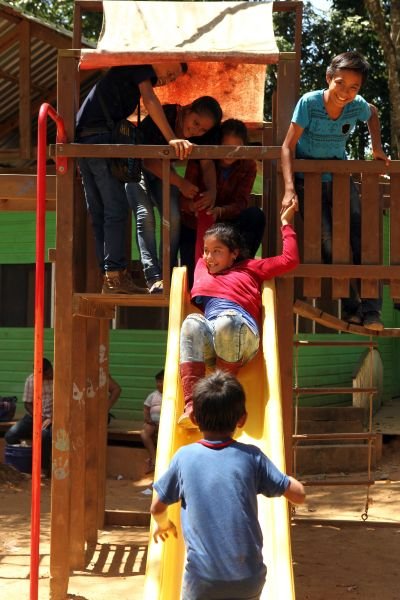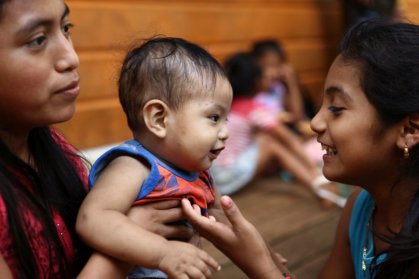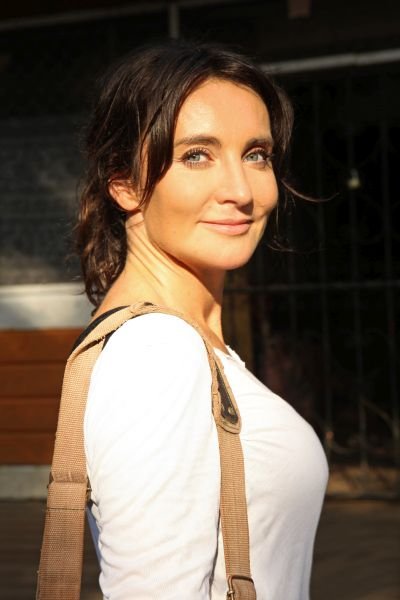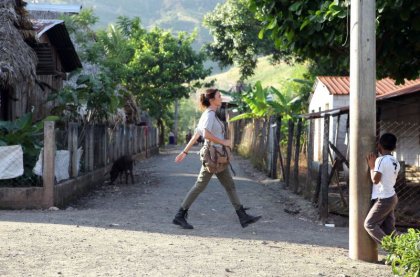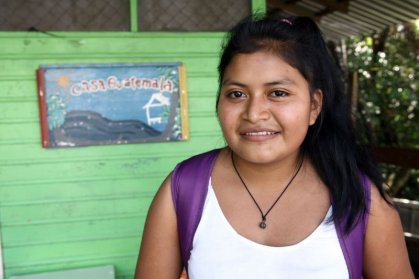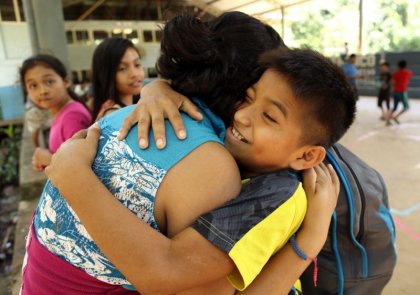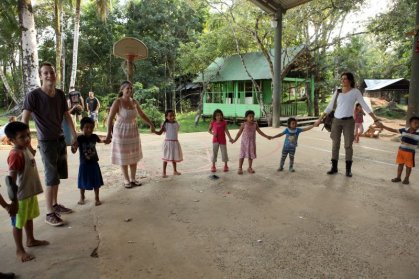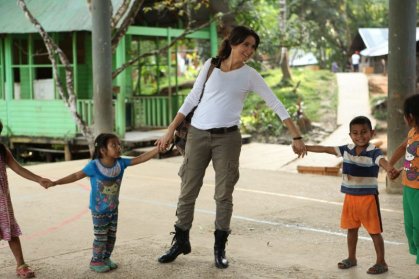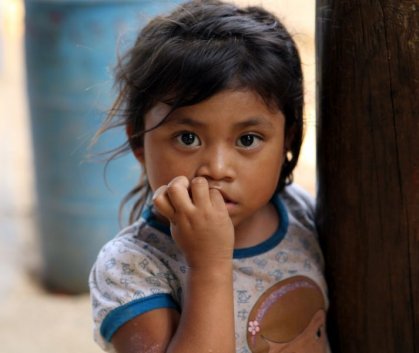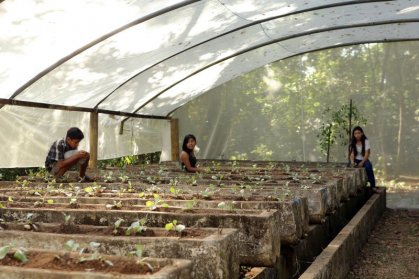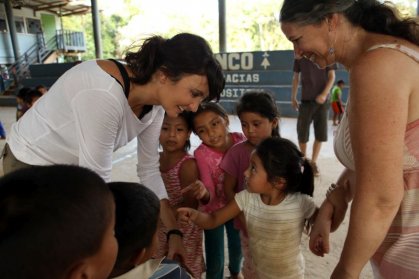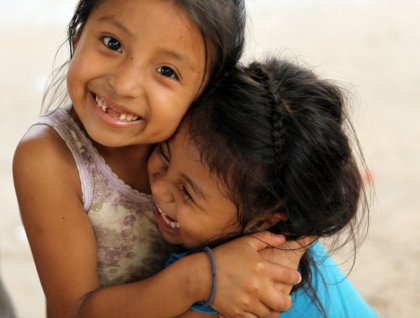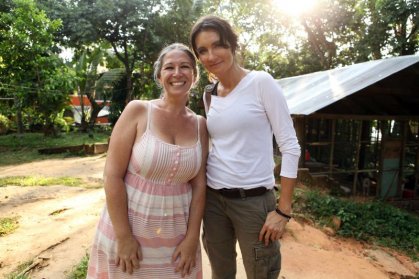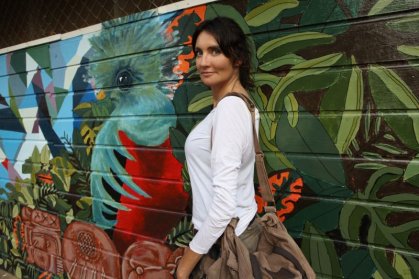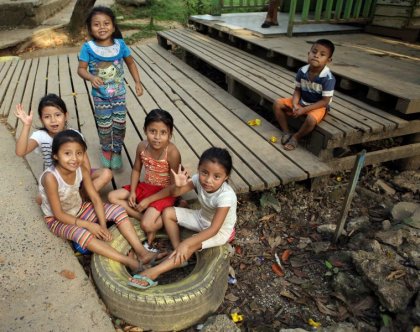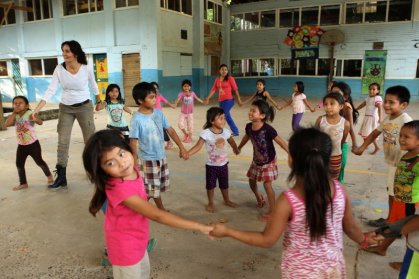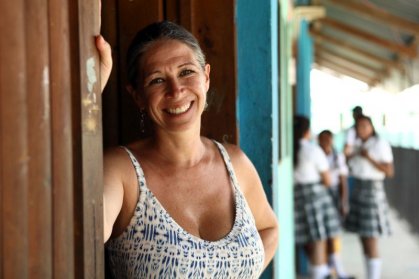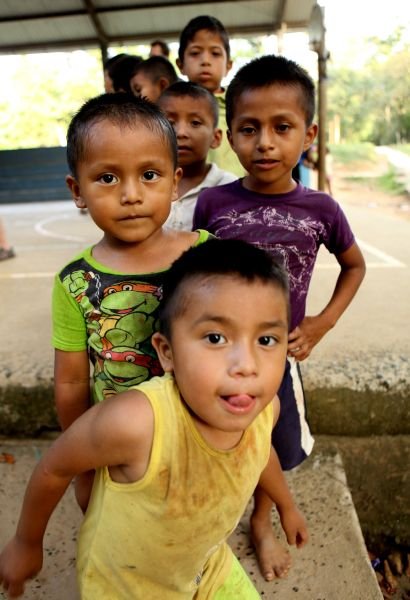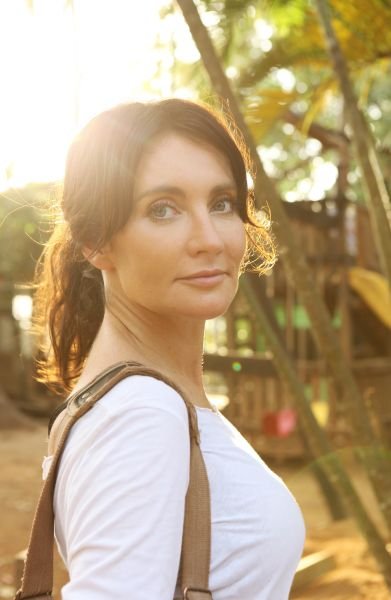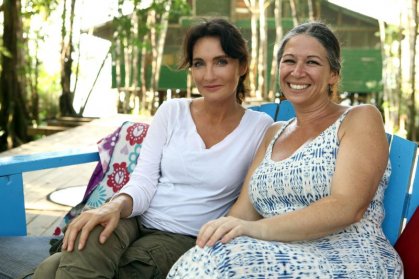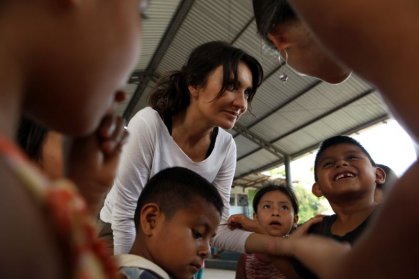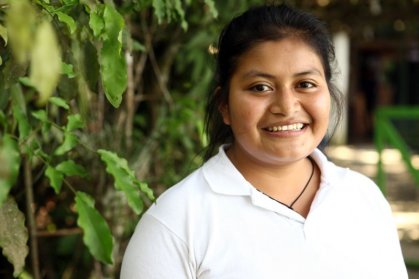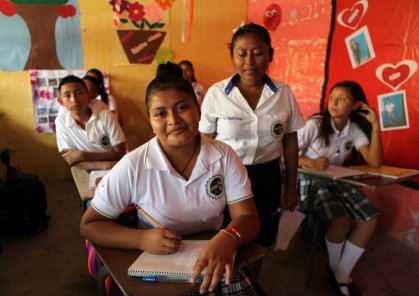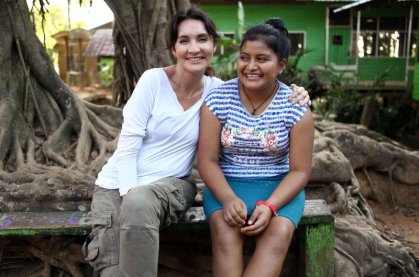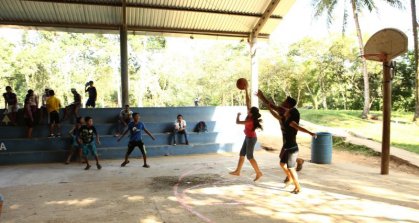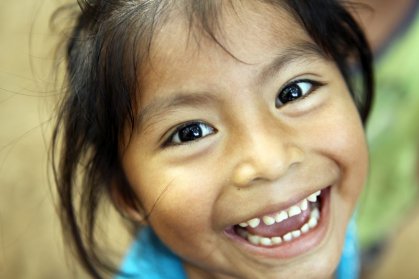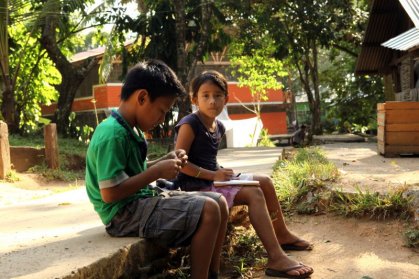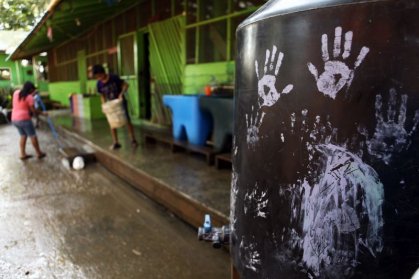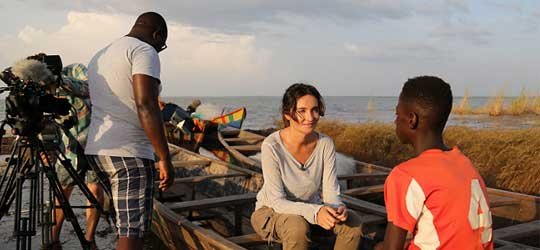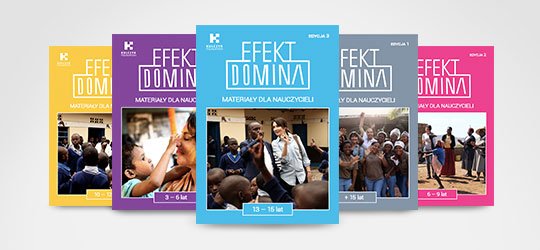COUNTRY / PROBLEM
Guatemala, a Central American republic that borders Mexico to the north, is inhabited by 16,5 million people. The Maya people constitute more than 39% of the country’s population. This is the highest rate for the whole Central America in terms of the share of an indigenous population in the ethnic structure.
In the second half of the 20th century, Guatemala was torn by a civil war lasting 36 years, during which more than 200 thousand people died. During the war, government forces committed massacres on indigenous people of Maya origin that constituted genocide. Although peace was made in 1996, Maya continue to be an ethnic group that suffers from discrimination on many levels.
80% of the Maya who inhabit Guatemala live below the poverty line, including more than 40% below the extreme poverty line. Nearly half of the children under five years of age are continuously undernourished. Discrimination also manifests itself in the hindered access to drinking water, electricity, and education.
ORGANISATION
Casa Guatemala, which operates in the remote and impoverished region of Rio Dulce, is a multifunctional organisation that is a kind of combination of a children’s home, an educational institution, a health centre, and a social enterprise that carries out agricultural projects. The organisation also runs a hotel and restaurant, the proceeds from which are entirely allocated for the purposes of Casa Guatemala.
The institution (originally called Casa Canada) dates back to 1977, when a Canadian couple established a small clinic in one of the local villages to help severly undernourished children. Over time, the clinic evolved into a place that provides children not only with free medical care, but also accommodation, food, and education.
PROJECTS
Kulczyk Foundation supported Casa Guatemala’s agricultural programme through:
- carrying out water projects that ensure adequate irrigation of cultivated land,
- renovation and extension of the facilities where animals are kept,
- purchase of pigs, feed and medicines for the animals,
- purchase of plants and seeds,
- purchase of agricultural tools for staff and pupils.
Thanks to the help of Kulczyk Foundation, Casa Guatemala is becoming an institution that is more independent from external support; the organisation has already increased food production both for its own purposes and for sale, which has translated into an improvement in the health of the children. At the same time, the pupils acquire practical farming skills, which they then pass on to their families.



